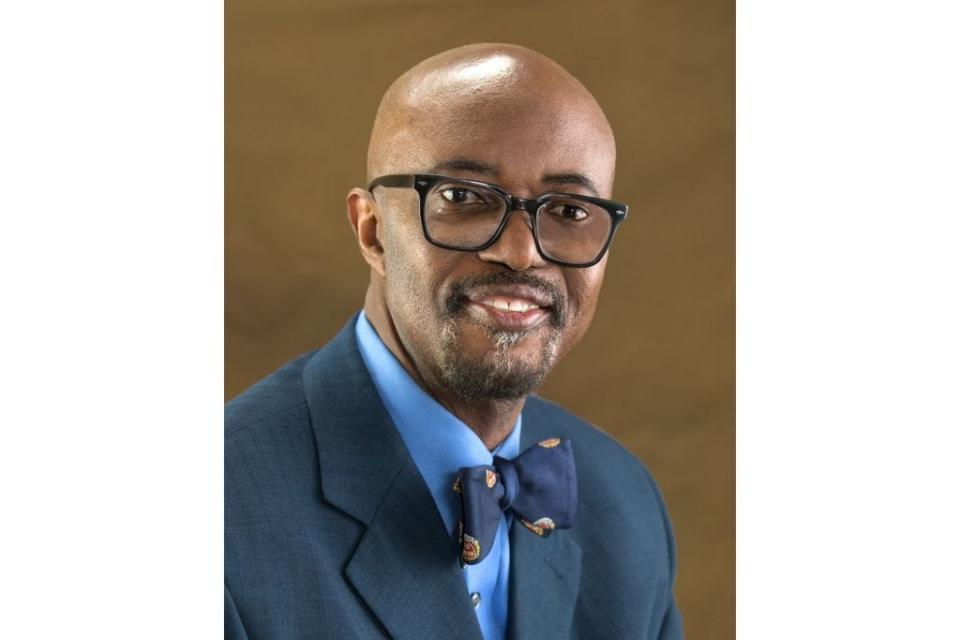Kojo Quartey: Conversations about race, equity and diversity
As much as I hate conflict and controversy, I know that it is all a part of life, so it cannot be avoided. Because we are all so different, there are those who avoid conflict (like me), and those who thrive on it. That is life. Some may disparage and attempt to vilify you because you are competing with them for scarce resources, such as good air, space, and water (the basic definition of economics). We would not have many disagreements if we were not competing for the scarce resources on this earth. Think about it.

Our differences are what is referred to as “diversity,” and minimizing those differences to bring about some fairness is what is referred to as equity. Certainly, people will disagree with each other, but we must do that respectfully without being insulting. And just because we disagree does not make the other party wrong or an enemy. All conversations need to be anchored in humility, civility, and respect, that is the basis of progress.
A few years ago, after the death of George Floyd, I brought together over 100 people from across the state by Zoom to discuss how we as a people could have regular monthly conversations about race, reconciliation and healing. There were individuals of all races and ethnicities, including legislators, academics, students and much more. Subsequent to that initial conversation, several of us formed a coalition we named CREED, the Coalition for Racial Equality, Equity and Diversity. Since that time, we have been having almost monthly conversations on a variety to topics, including, implicit bias, racial disparities, peace building, how bias impacts our lives, microaggressions, depolarization, shared experiences (regardless of race), the United Way “21 Day Equity Challenge,” “allyship,” civil rights, and numerous other topics. In all of our conversations, the intention has been to engender greater understanding.
My vision for bringing the group together was to discuss healing and reconciliation in a world being torn apart by so much divisiveness. CREED was not meant to resolve any challenges other than to get us talking about the issues that keep us apart.
Some of the topics we have discussed have buzz-words, labels, and expressions that in my humble opinion only succeed in dividing us more; so, in most instances, I am against their use. Some of these are expressions, which many people do not understand (and are sometimes meant as pejoratives), only divide us and create more conflict. Expressions such as “white privilege” — are all white people privileged? “Black lives matter” — don’t all lives matter? “woke” — what the heck does that mean? Critical Race Theory — a theory that is not meant for young children in our schools or even for high schools and community colleges. It is meant for graduate-level education and has been conflated with teaching Black history. When people do not understand and feel threatened, they will push back or rebel.
These buzz words/expressions do not help the case nor help us move toward reconciliation and healing. May I add that blaming the sins of the past on subsequent generations, who were not complicit in perpetrating those acts certainly does not help with healing.
People are rebelling against Diversity, Equity, Inclusion (DEI) because it challenges the power structure. Well, so did the anti-slavery and civil rights movements. The rebellion can only be minimized with more conversations which should lead to better understanding, provided people have open minds and are willing to dialogue and try to understand each other.
The COVID-19 pandemic may hopefully come to an end because we have found a vaccine, the pandemic of racism, however, will never come to an end because, unfortunately, there is no vaccine for that. For the most part, discrimination and racism have economic roots (competition for scarce resources), and as long as resources are scarce, discrimination and racism will always exist. The only way to make progress is to have more ongoing conversations about reconciliation and healing to minimize that scarcity mindset.
— Kojo Quartey, Ph.D., is president of Monroe County Community College and an economist. He may be reached at kquartey@monroeccc.edu.
This article originally appeared on The Holland Sentinel: Kojo Quartey: Conversations about race, equity and diversity

